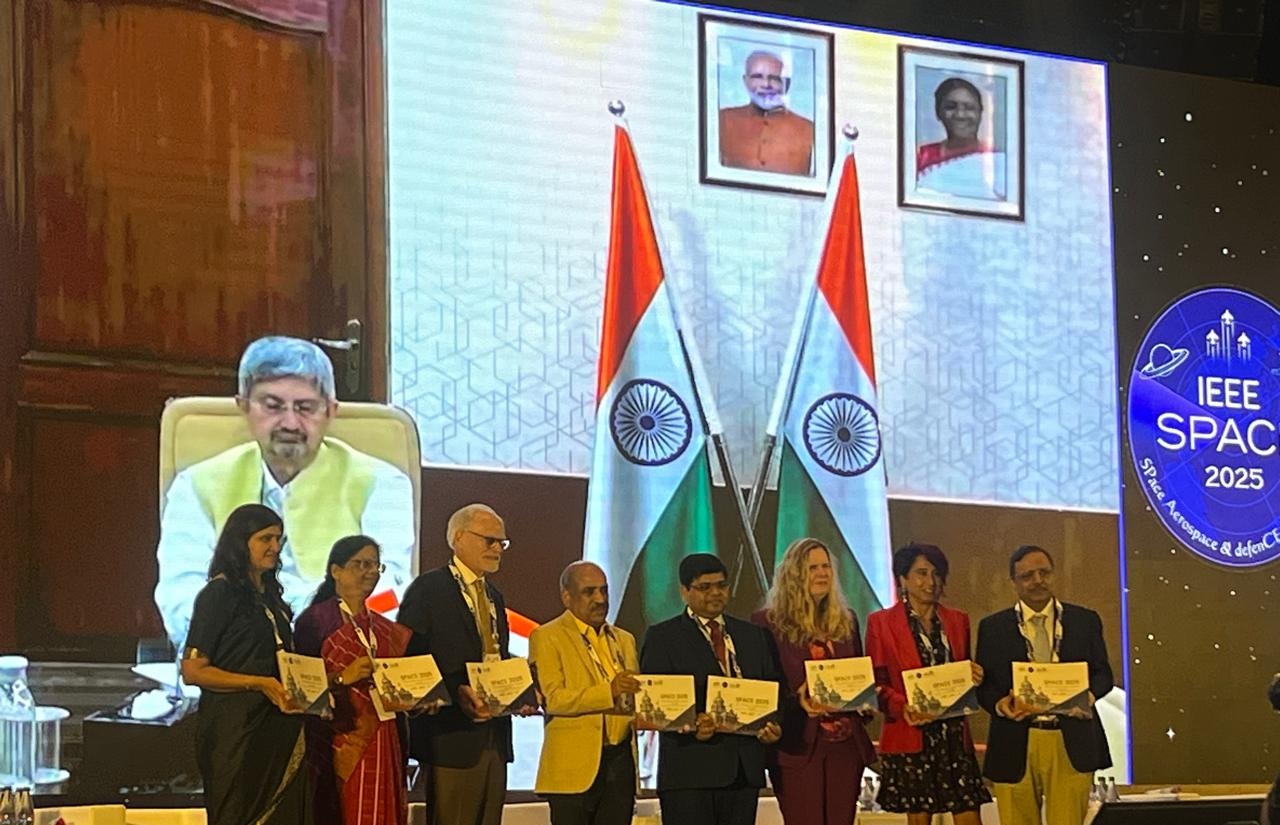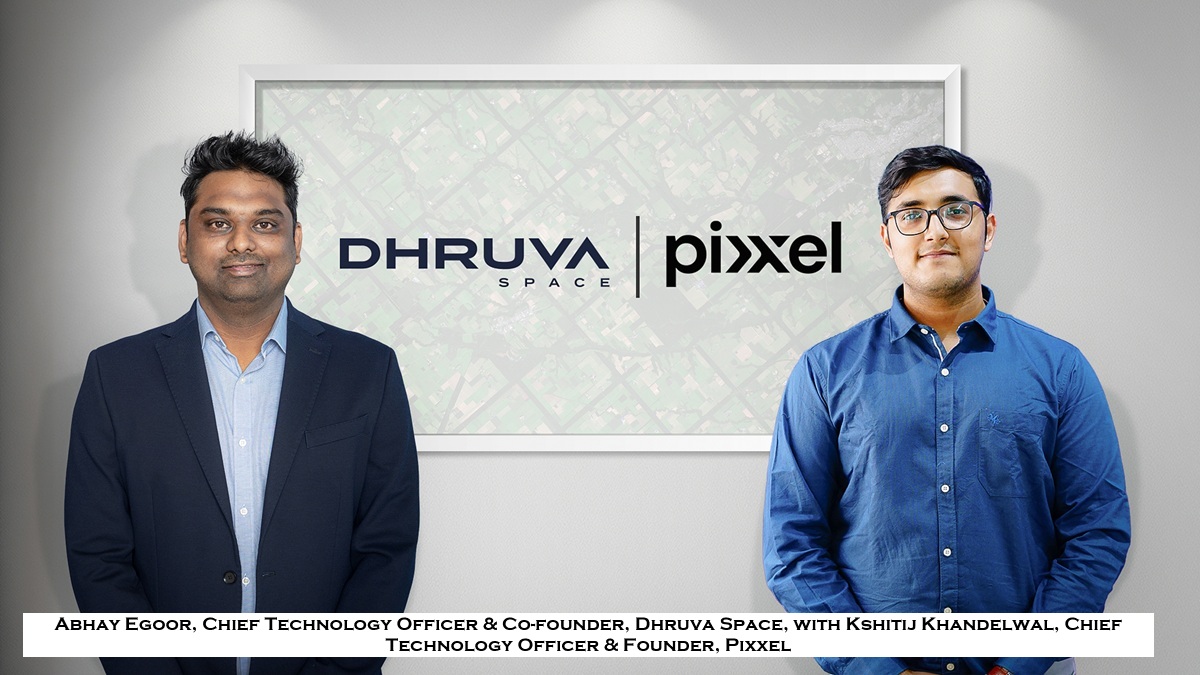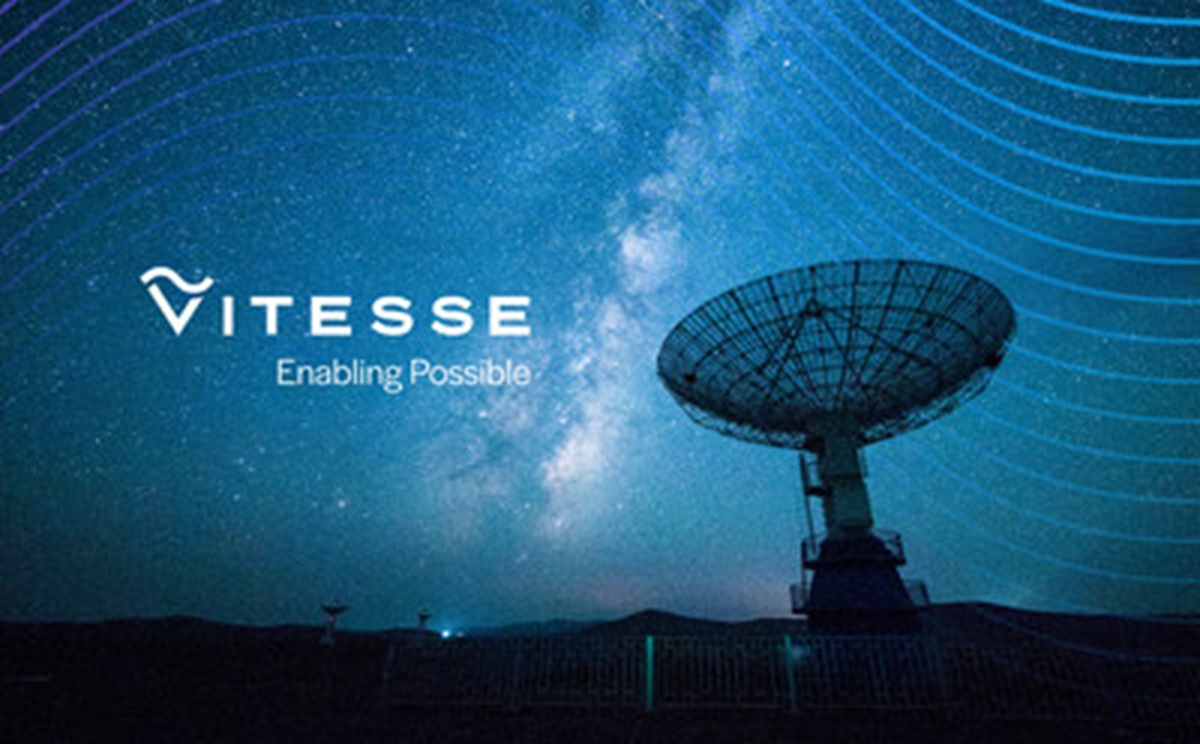Bengaluru: The Sheraton Grand Hotel & Convention Center in Whitefield, Bengaluru, is abuzz with energy as it played host to IEEE SPACE 2025, the premier interdisciplinary conference uniting the brightest minds in space, aerospace, and defence sectors from around the globe. Industry leaders, researchers, government representatives, and innovators have gathered for three days of knowledge exchange, collaboration, and groundbreaking technological discussions from July 21–23.
The inaugural session saw Dr. Rajlakshmi Menon, DS & DG(Aero), DRDO, General Co-Chair, SPACE welcoming the gathering which was followed by lighting of the lamp by all dignitaries.
Mr. Rajeev Jyoti, DS & Director, Technical IN-SPACe, General Co-Chair, SPACE highlighted the importance and scope of the conference.
Mr. Puneet Kumar Mishra, VP (Education), IEEE AESS & General Chair, SPACE set the context of the three-day conference.
The event also saw the release of release of SPACE 2025 Technical Program booklet and also the release of SPACE-YFLP Compendium.
Aerospace and Electronic Systems Society (AESS) President Prof. Sabrina Greco in her address highlighted the organisation’s mission to attract and support a diverse, international membership by offering relevant, responsive programs that span technical, managerial, and applied aspects of the field. The Society’s interests cover the design, integration, and operation of complex systems across space, air, ocean, and land environments—including navigation, avionics, radar, sonar, telemetry, military applications, simulators, and command and control systems
2024 IEEE President Mr. Tom Coughlin’s address set a visionary tone for the event, emphasizing the importance of innovation and global collaboration in the field of space engineering.
The address by 2025 IEEE President Prof. Kathleen Kramer emphasised on IEEE’s unique strength: the vast array of opportunities to contribute meaningfully to the space engineering profession while also helping others through its technical resources.
Spearheaded under IEEE’s globally recognized tagline “Advancing Technology for Humanity”, SPACE 2025 has firmly established itself as the definitive platform driving technological convergence and innovation across traditionally siloed domains. The core premise of the event lies in recognizing that solutions for space, aerospace, and defence share significant overlaps, and with thoughtful improvement, technology often migrates and innovates across all three.
Chief Guest Shri M Sankaran, DS & Director URSC emphasised reaching out to Tier 2 and Tier 3 for attracting talent in diverse fields. Later, in his plenary talk he said it was time for the amalgamation of space, aerospace and defence sectors.
Chief Guest Dr. V Narayanan, Secretary, DoS and Chairman ISRO & Space spoke about the success of Operation Sindhoor and the earlier Chandrayan, Mangalyan and the recent Axiom-4 Missions. He also stated that the Indian Space Research Organisation (ISRO) expects the Gaganyaan mission to launch Indian astronauts into space will only take place in the “first quarter of 2027.
Chief Guest Dr. Samir V Kamat, Secretary DDR&D and Chairman, DRDO congratulated the organisers and stated that the attendees are being treated to a meticulously curated slate of keynote presentations, technical sessions, thematic workshops, and dynamic panel discussions. Topics range from emerging satellite technologies, advanced aerospace systems, and digital defence capabilities, to broader conversations on AI/ML, quantum technologies, software-defined radio, and sustainability in space systems.
Dr. Seema Chopra, ED, Boeing India, General Co-Chair, SPACE proposed the vote of thanks.
Pawan Kumar Goenka, who is the chairman of space regulator and promoter Indian National Space Promotion and Authorisation Centre (INSPACe) highlighted the shortfalls and suggested ways to bridge the gaps and proposed way forward for the growth of the space industry.
Special sessions included:
- AI & Machine Learning for SPACE
- Quantum Technologies in Defence & Space
- Advances in Measurement for SPACE Systems
- Women-led Technology Initiatives
- Bhartiya Antriksh Station (India’s indigenous space station initiative)
A comprehensive call for papers yielded original research in a suite of areas such as communication/networking, computing/cybersecurity, embedded systems, control/navigation, mm-Wave/THz/5G/6G, robotics, photonics, and sustainable technology developments. Each core session is designed to foster the cross-pollination of ideas, with every innovation resonated across the audience.
Participants are also immersed in practical workshops, such as those focusing on Satellites and Smart Payloads, which explore next-generation payload integration, testing, and deployment. These sessions catered not only to seasoned professionals but are crafted to engage emerging engineers and researchers, reinforcing continual professional development and network expansion.
Fostering Indian and Global Leadership
Beyond its technical programming, SPACE 2025 has turned out to be a vibrant networking nexus, encouraging fresh partnerships between academia, industry, and government agencies. Exhibitors and sponsors ranging from global tech corporations to niche defence innovators showcase cutting-edge solutions, including advanced electromagnetic measurement systems, RF testing, and cyber-physical security technologies.
A signature objective of SPACE 2025 is to accelerate India’s ambitions in space and defence while embedding global best practices. With Indian researchers and start-ups contributing alongside their international peers, the conference acts as a launchpad for strategic collaborations and indigenous innovation, actively shaping both Indian and global capabilities in aerospace and defence.
Inclusive, Globally Accessible Event
IEEE SPACE 2025 has made inclusivity a priority, welcoming all — from student engineers and early-career researchers to C-level executives and program heads. Early submission discounts foster active participation, while author and non-author delegates alike benefit from access to all technical sessions, exhibits, networking luncheons, and evening banquets. Registration covers a comprehensive experience, reflecting the event’s emphasis on mentorship and knowledge-sharing.
As SPACE 2025 runs for the next two days, it is evident that the event is more than a conference — it is a catalyst for the next wave of technological advancement in space, aerospace, and defence. By bringing together visionaries, innovators, and policymakers, it is actively shaping the trajectory of technological progress, ensuring that India — and indeed, the world — is prepared to meet both the challenges and the immense opportunities that lie ahead in these critical sectors.
Bengaluru, hosting this prestigious congregation, reaffirms its status as a science and technology powerhouse, primed to lead humanity’s next leap into the future.





